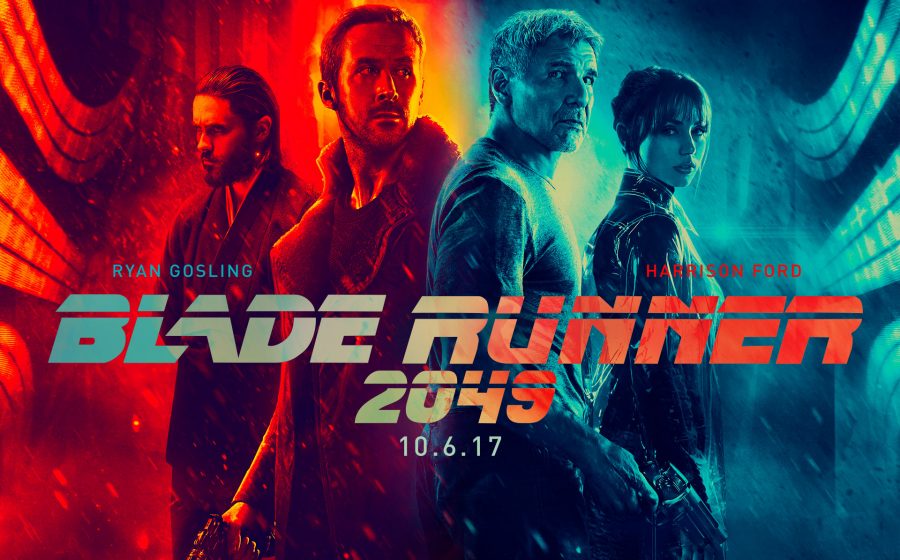Based on Philip K Dick’s novel Do Androids Dream of Electric Sheep, this film is a follow-up to one of science fiction’s most iconic film, which was directed by Ridley Scott 35 years ago.
While the original, themed with – what is life and who has the right to it — set the pace for a lot of dystopian sci-fictions to foray into the noir-flavoured, dangerously decaying Los Angeles, director Denis Villeneuve’s version, set some 30 years after the original, makes it a direct sequel to the first.
An opening title reminds us that replicants – genetically engineered creatures that are indistinguishable from humans are designed to be safe and servile. But Blade Runners – those who hunt down and “retire” older replicants, still operate.
Officer K (Ryan Gosling) is one such Blade Runner who tracks down independent-minded replicants who are past their date of planned obsolescence and are committed to survival. Killing them might look like a cruel injustice, but it is just a job for K, who soon gets into an emotional and ethical dilemma.
Ryan Gosling is great as the new Blade Runner. He punctuates a purposefully inexpressive performance with minute inflections that makes him a believable character.
He is aptly supported by Ana de Armas as Joi the electronically produced holographic woman who adores K, Jared Leto as Niander Wallace the head of a company that produces the replicants, Sylvia Hoeks as the ruthless woman Luv and Robin Wright as Lieutenant Joshi the head of LAPD (Los Angeles Police Department). They are all perfunctory in their demeanour.
Harrison Ford, in a worn out version, returns as Deckard, the replicant hunter of the first film. He has been in hiding for the last 30 years. His presence perks up the narrative couple of fold but it isn’t as emotionally satisfying as we might have liked it to be.
The plot written by Hampton Fancher and Michael Green, is convoluted and meanders, sending the audience into a long dark tunnel with no light in sight. But you are glued to the screen for its visual delight.
Recommended
Cinematically, the film is an artist’s treat. Every frame is exquisite. The hazy screen and the arid landscapes tell us the world has been drained of its richness, its abundance having been exploited to the point that even a dead tree has become a novelty. Technology may hold sway, but the Earth has become infertile.
With reality and holographic models merging to create an intriguing and exciting cinematic universe, one expects such futuristic films to be fast paced and action packed, but instead, the film Blade Runner 2049 is slow, tediously slow.
Nevertheless it is fascinating as a potent, unwaveringly brutal and emotionally devastating film.
Feature Image: BladeRunnerMovie.Com


